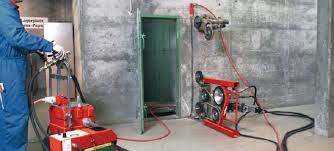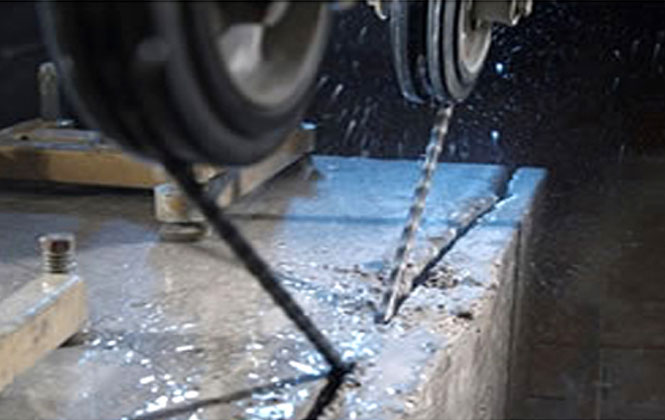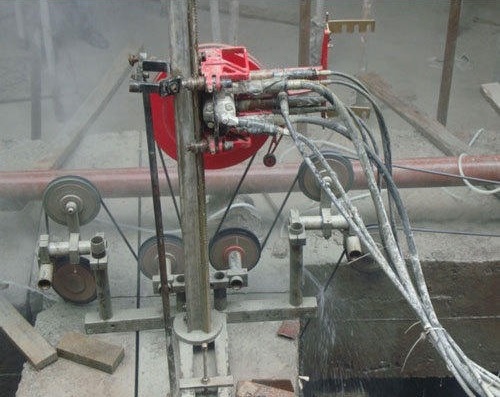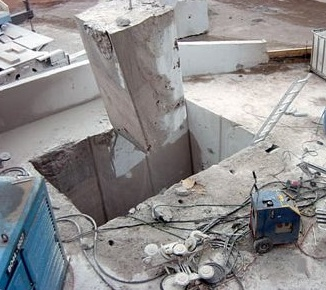Drilling Work
Drilling Work
Drilling work is a common process in construction, manufacturing, mining, geology, and many other fields. It involves using a drill, which is a rotating cutting tool, to create holes or cavities in various materials, such as wood, metal, concrete, or rock. Drilling is an essential operation in a wide range of applications, and it can vary significantly in terms of the equipment used, the materials drilled, and the purpose of the holes. Here are some key aspects of drilling work:
- Equipment and Tools: The choice of drilling equipment and tools depends on the type of material being drilled and the size and depth of the hole required. Common drilling tools include hand drills, electric drills, drill presses, rotary hammers, and specialized drilling machines.
- Materials: Drilling can be performed on a variety of materials, including wood, metal, plastic, concrete, stone, and more. Different materials may require different drill bits and cutting speeds to achieve the desired results.
- Types of Drilling:
- Twist Drilling: This is the most common type of drilling where a rotating drill bit is used to create holes. It is widely used for drilling holes in metal, wood, and plastic.
- Masonry Drilling: Masonry drills or hammer drills are used for drilling into hard materials like concrete, brick, or stone. They use a hammering action in addition to rotation.
- Core Drilling: Core drills are used to create large-diameter, cylindrical holes. They are common in construction for creating openings for plumbing, electrical, and HVAC installations.
- Oil and Gas Drilling: In the oil and gas industry, drilling refers to the process of creating deep boreholes to extract hydrocarbons from the earth.
- Geological Drilling: Geological drilling is used to collect soil and rock samples for analysis and research in geology and environmental science.
- Safety: Safety measures are crucial in drilling work, as it involves rotating machinery and can generate heat, sparks, and flying debris. Operators should wear appropriate protective gear, and work areas should be well-ventilated and free from potential hazards.
- Accuracy: Precision drilling is essential in many applications, such as manufacturing and construction. Tools like drill jigs and fixtures are used to ensure holes are drilled accurately and consistently.
- Maintenance: Regular maintenance of drilling equipment is important to ensure safe and efficient operation. This includes keeping drill bits sharp, lubricating moving parts, and checking for wear and tear.
- Environmental Considerations: In some drilling operations, such as mining or oil drilling, there are environmental concerns that need to be addressed to minimize the impact on ecosystems and local communities.
- Waste Management: Proper disposal of drilling waste and cuttings is essential to prevent environmental contamination. This is especially relevant in mining and oil drilling operations.
Drilling is a fundamental process in various industries, and it requires a good understanding of the materials involved, the appropriate equipment, and safety practices. Depending on the specific application, drilling can range from simple tasks like creating holes for screws in woodworking to highly specialized operations in fields like mining and oil exploration.




